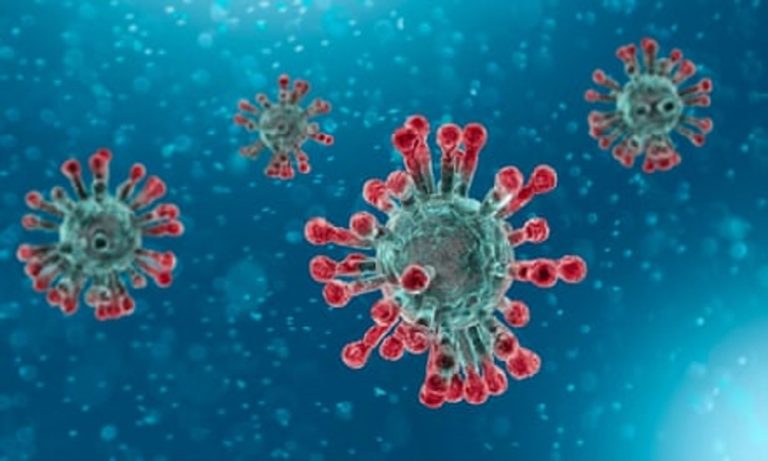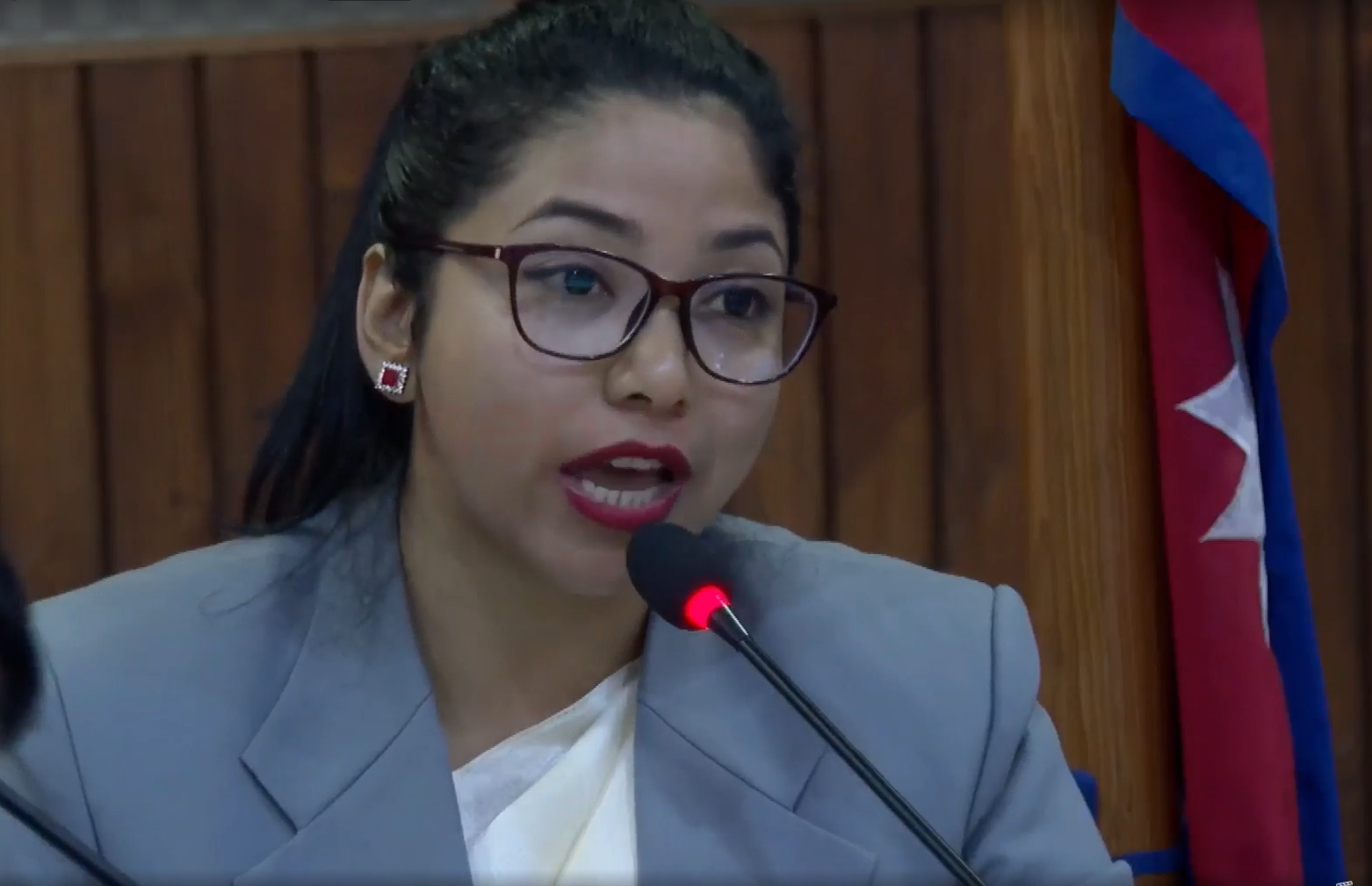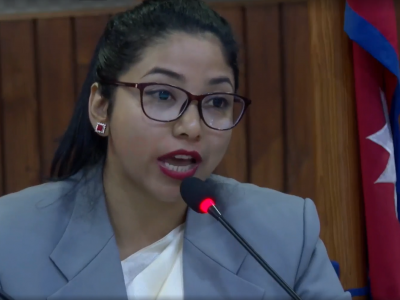Japanese supercomputer portrays how COVID-19 may spread faster in low humidity

Kathmandu. Researchers at Riken and Kobe University in Japan have simulated the risk posed by low humidity with regards to the spread of COVID-19. Through the use of Fugaku supercomputer, they have concluded that a dry season accelerates the conditions for the contraction of the virus.
As winter fast approaches in the major parts of the globe, the research has indicated that a humidity level of below 30% can increase the aerosol spread of the virus, compared to a humidity level of 60% or more. The research also indicated that a face mask provides better protection against the pandemic than a clear face shield.
The Center for Disease Prevention and Control in the US recently updated its claim on the prevention guidelines, noting that “Some infections can be spread by exposure to virus in small droplets and particles that can linger in the air for minutes to hour.” Makoto Tsubokura, who led the team of researchers stated that, “People’s blind fear or unfounded confidence against the infection of Covid-19 is simply because it is invisible.”
Infected individuals who are with others in a closed, dry indoor environment, with limited ventilation are more likely to spread the contagion. The supercomputer has been utilized on several occasions to showcase the different conditions in which the virus could spread, in order to develop the public policies in Japan and other nations.
The research has mentioned that the use of humidifiers in cases where ventilation is not possible can help to reduce the risk of infection. Similarly, opening windows while travelling in commuter trains could lessen “the concentration of ambient microbes.”
Facebook Comment
latest Video
Trending News
- This Week
- This Month

















